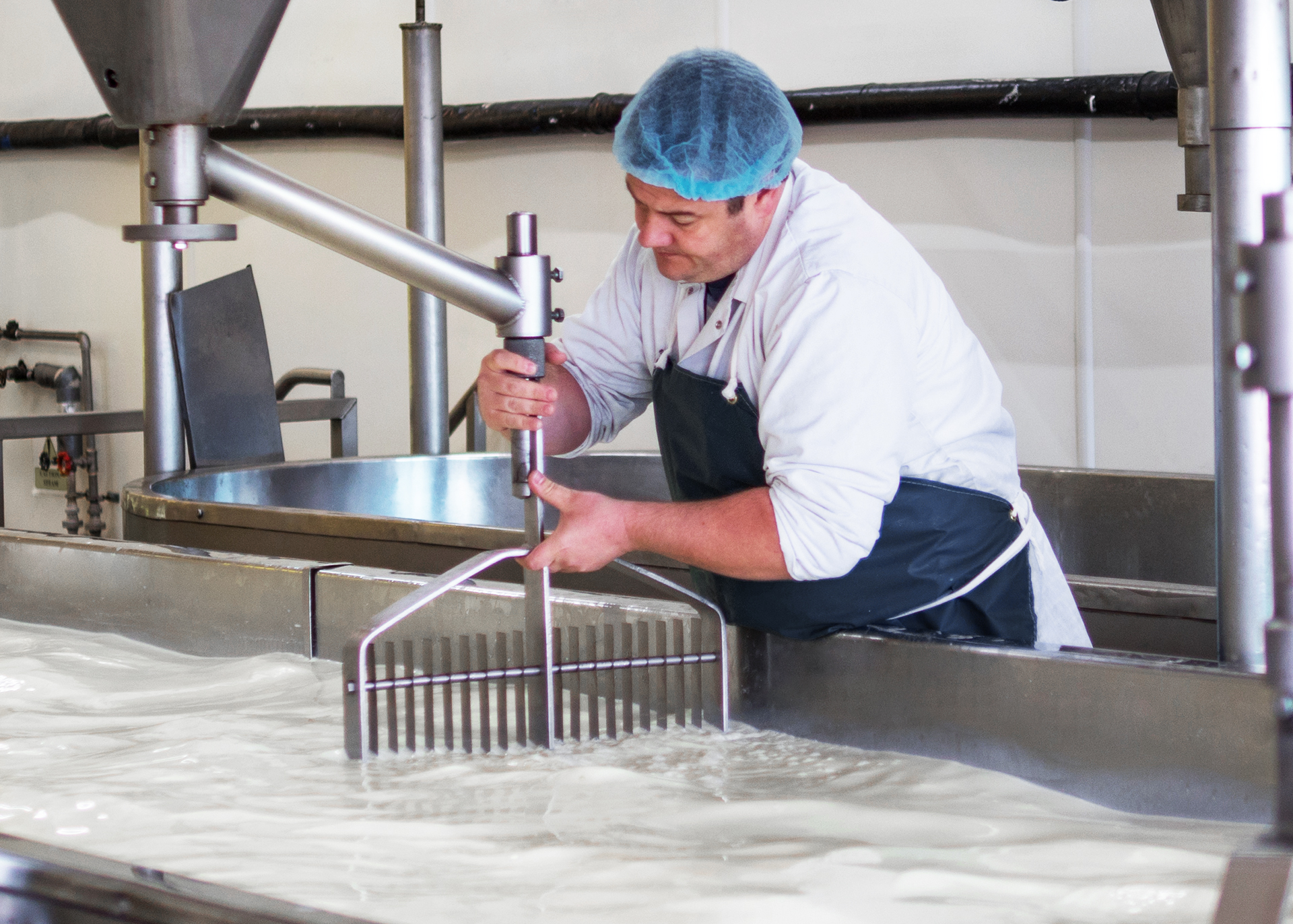Order Cheese for Sale Online Melbourne's Trusted Cheese Makers
Order Cheese for Sale Online Melbourne's Trusted Cheese Makers
Blog Article
An Extensive Consider Cheese Production: Active Ingredients, Approaches, and the Future of Artisan Cheeses
The intricate procedure of cheese production is a remarkable merging of art and scientific research, where high-quality milk, rennet, and particular bacterial societies serve as foundational aspects. As the market increasingly prioritizes sustainability and transparency, the future of artisan cheeses assures to mirror both heritage and development.
Key Components in Cheese Production
A range of important components play a critical duty in cheese production, each contributing to the end product's flavor, appearance, and character. The main component in cheese is milk, which can originate from various sources, including cows, goats, and lamb - cheese shop melbourne. The kind of milk used dramatically affects the cheese's preference and uniformity; for example, cow's milk generally yields creamier cheeses, while goat's milk frequently creates appetizing ranges
One more important active ingredient is rennet, an enzyme utilized to curdle the milk, dividing it right into curds and whey. The source of rennet can be animal, vegetable, or microbial, each imparting unique qualities to the cheese.
Salt not just boosts the taste but additionally works as a preservative, inhibiting the growth of undesirable bacteria. Additionally, various flavor agents, such as herbs, flavors, or perhaps smoked timber, can be added to create unique artisanal cheeses. Together, these ingredients create the structure of cheese manufacturing, setting the stage for varied and abundant cheese ranges.
Typical Cheese-Making Methods
Making use of conventional cheese-making strategies, craftsmens around the globe maintain time-honored methods that have actually been passed down through generations. These techniques often highlight using high-quality, in your area sourced milk, which is central to the one-of-a-kind tastes and structures of artisanal cheeses. The procedure generally begins with the cautious heating of milk, complied with by the addition of cultures and rennet to facilitate coagulation.
Once the curds create, they are reduced, enabling whey to drain, a vital step that influences moisture web content and texture. The curds are then delicately stirred and cooked to accomplish the preferred firmness. Afterward, they are drained pipes and pushed into molds. Salting is a crucial aspect of this procedure, enhancing taste while additionally working as a preservative.
Aging, or affinage, is an additional essential component, throughout which cheeses develop their characteristic aromas and preferences. Craftsmens may utilize particular maturing settings, utilizing moisture and temperature controls to refine celebrity's account. The commitment to these standard techniques not only supports local economies yet additionally contributes to the rich diversity of cheese varieties located around the world, celebrating cultural heritage and artisanal workmanship.
Modern Innovations in Cheese Manufacturing
Exactly how have technological innovations changed cheese manufacturing in recent years? The combination of modern innovation has transformed both the efficiency and quality of cheese manufacturing.
Additionally, innovations in microbiology have actually allowed cheesemakers to select specific bacterial societies and enzymes, enhancing flavor accounts and improving service their website life. The usage of sensing unit innovation for checking fermentation conditions has additionally become common, permitting real-time changes to preserve optimal atmospheres for cheese aging.

These improvements not only boost the high quality and sustainability of cheese production yet additionally empower artisan manufacturers to maintain conventional flavors while welcoming modern-day performance. As technology remains to evolve, the future of cheese production looks encouraging, blending practice with development.
The Function of Terroir in Cheese
In the realm of cheese manufacturing, terroir plays a critical role in specifying the distinct qualities of numerous cheeses. Terroir, a French term commonly related to white wine, incorporates the ecological factors that affect farming items, including soil structure, climate, and local plants and animals. In cheese-making, the distinct features of the region where the milk is sourced can convey specific flavors and textures to the final product.
For instance, the grazing conditions of milk pets considerably influence the milk's composition, influenced by the types of grasses and natural herbs offered in a specific locale. This differs not only between countries yet additionally between areas within the very same country. Furthermore, the microbial areas existing in the atmosphere add to the fermentation processes, leading to diverse accounts in taste and aroma.
Cheeses such as Roquefort, Parmigiano-Reggiano, and Cheddar exemplify just how terroir can shape their identities, making them distinctive and commonly protected by geographical indications. As manufacturers increasingly identify the importance of terroir, there is an expanding emphasis on sourcing regional components and preserving typical techniques, making certain that reference each cheese absolutely reflects its origin.

Future Patterns in Craftsmen Cheeses
A noteworthy change is taking place in the craftsmen cheese industry, driven by advancing consumer choices and technical improvements. Significantly, consumers are moving toward distinct, high-grade items that highlight both sustainability and neighborhood sourcing - cheese for sale online. This fad is triggering artisan cheesemakers to introduce, focusing on small-batch manufacturing and using typical methods while integrating contemporary innovation to boost high quality and safety
Furthermore, there is an expanding passion in plant-based and different dairy products, pressing conventional cheesemakers to explore brand-new opportunities, such as cashew or almond-based cheeses. This shift not just accommodates nutritional constraints yet additionally lines up with ecological worries concerning pet farming.
Furthermore, transparency in sourcing and manufacturing processes is becoming critical. Customers are extra enlightened and need traceability, prompting manufacturers to adopt clearer labeling practices and participate in narration that highlights their techniques and values.
Verdict
Finally, the elaborate process of cheese production fuses traditional techniques with modern-day advancements, leading to a varied variety of tastes and textures. The focus on premium active ingredients and the impact of terroir emphasize the virtuosity associated with cheese production. As the market evolves, a focus on sustainability and transparency will likely shape the future of artisan cheeses, catering to an increasingly critical consumer base that values authenticity and craftsmanship in milk items.
Report this page